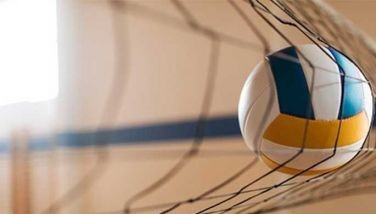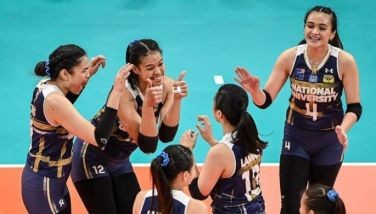How to cover Tokyo
A European news service held a webinar early this week on how to cover the Tokyo Olympics. Though the event was somewhat informative, it also was anticlimactic. Sadly, it was told from a predominantly European perspective, and revealed more questions than answers. Even when discussing the potential use of the Olympics as a platform for political protest, the two speakers brought up Black Lives Matter and the conflict between Israel and Palestine. Strangely, they forgot about Asian hate crimes while talking about the largest sporting event being held in Asia. Some of us felt like excluded spectators.
There is still so much the organizers have yet to decide on and publicize regarding protocols about the Games.
As Japan struggles with a fourth wave of COVID-19 infections, International Olympic Committee President Thomas Bach assured the Japanese people that they and the athletes would be safe during the quadrennial competition. Bach spoke via videoconference and made the pronouncement despite renewed calls to cancel the Games.
First of all, there will most likely be limits on the number of journalists at each event. It is the only sensible compromise to minimize the chance of any infection. The questions remain: what will that number be, and who gets priority? In many leagues, global news agencies get first crack at access, often followed by national media of that country. What about the rest? The IOC and international federations of each sport will provide pool interviews after events. But in this regard, size matters. The bigger and more spread out the news agency, the higher up the list it goes. It becomes a political issue where favorites will have the advantage.
What about post-match interviews and press conferences? Will athletes be presented to the media from behind a clear glass barrier? That will surely affect those who need clear audio for radio and online broadcasts. And the glare or reflected light will be bad for photo and broadcast journalists. Most probably, the athlete will be in a separate room, viewed and conversed with remotely.
Though inoculation cannot be imposed on foreign athletes, officials and media, will local spectators in Japan be required to have been vaccinated? Though Tokyo will deploy 200 doctors and 300 nurses to all the venues, it is not clear if they will be administering any vaccines, or if their presence is merely moral support or to help contain any outbreaks. Also, will there be medical personnel specifically for the media? Will media be tested for the virus periodically?
One compromise would be the use of remote-controlled or robotic cameras for photos and video. The organizing committee could line up a battery of cameras at each event, and news organizations could rent a particular angle on a per-event basis. Obviously, there will be duplications, but at least it won’t be just the one view of the host broadcaster. No one really knows what the Olympics will look like, or even sound like, since there will be no crows, as well.
- Latest
- Trending






























